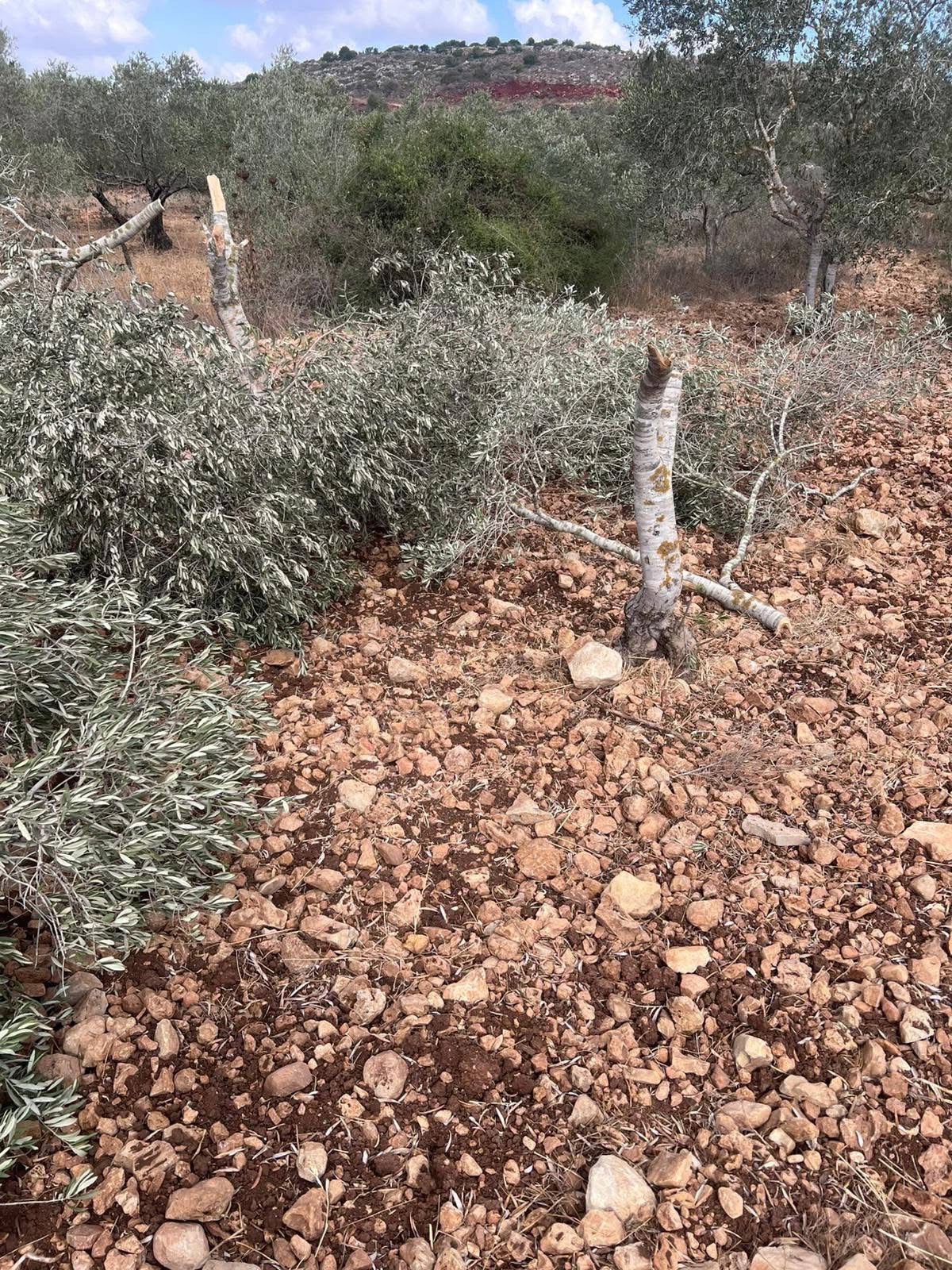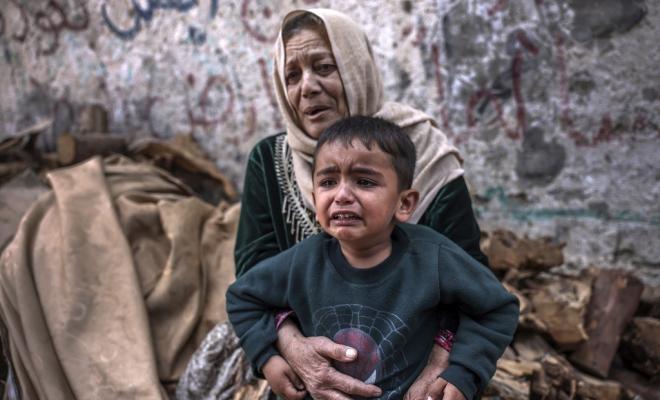TEL AVIV, June 15, 2010 (WAFA)- Two Israeli NGOS said 80 percent of lands for development in what is called Jewish neighborhoods of Jerusalem cannot be purchased by Palestinians.
Israeli NGOs Bimkom – Planners for Human Rights and Ir Amim published Tuesday a brief report summarizing the situation of the Palestinian citizens in Jerusalem with regards to purchasing real estate.
The report was written following comments made by Israeli Prime Minister Benjamin Netanyahu and Israeli Mayor of Jerusalem Nir Barkat, who said that the Jerusalem real estate market is free, and allows all residents of the city to purchase a home wherever they choose, regardless of their national or religious identity.
However, the document paints a quite different picture. Legally speaking, the Palestinian citizens of Jerusalem has very limited prospects of purchasing houses or apartments in Western Jerusalem – because their status and permanent residency bar them from leasing lands that belong to the Israel Land Administration (ILA), which comprise about 50 percent of land in Jerusalem.
According to the report, 80 percent of lands meant for development and housing in the city – 27,642 dunams out of 35,000 dunams – are ILA lands, hence inaccessible to the Palestinian population of Jerusalem.
Apart from the legal aspects, the document also cites many other factors which influence the character of municipal life in Jerusalem. According to Director of Ir Amim Yehudith Oppenheimer, , 'Jerusalem houses two separate national communities, who prefer to live apart and not to mingle. Therefore, if a Palestinian attempts to purchase an apartment in a Jewish-Israeli neighborhood, he will be faced with suspicious if not hostile behavior, which may deter him from buying the property.'
In the meantime, Director of Bimkom, Dalia Dromi, said: 'We must all remember that the Palestinian population faces many obstacles pertaining to construction and development in the eastern parts of the city. There is already a shortage of 10,000 housing units in east Jerusalem. The fact that this community cannot buy properties outside Palestinian neighborhoods, and that the authorities aren't offering any other housing solutions, only exacerbates its distress.'
Based on the document, the two NGOs drafted letters to Netanyahu and Barkat. 'The current urban reality in Jerusalem reflects the two communities' wishes to remain separate. Therefore, the statements about Jerusalem being 'an open city' seem completely unrealistic, if not deceiving.'












